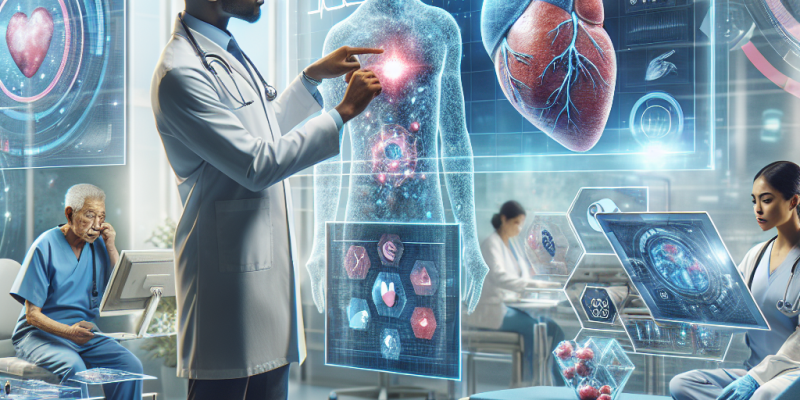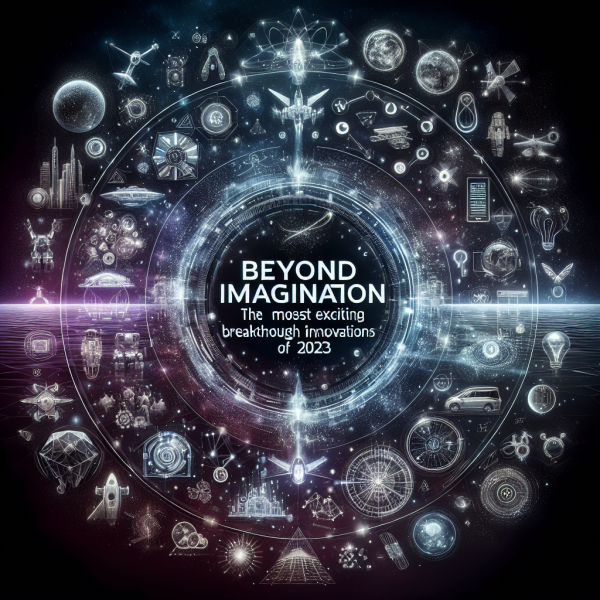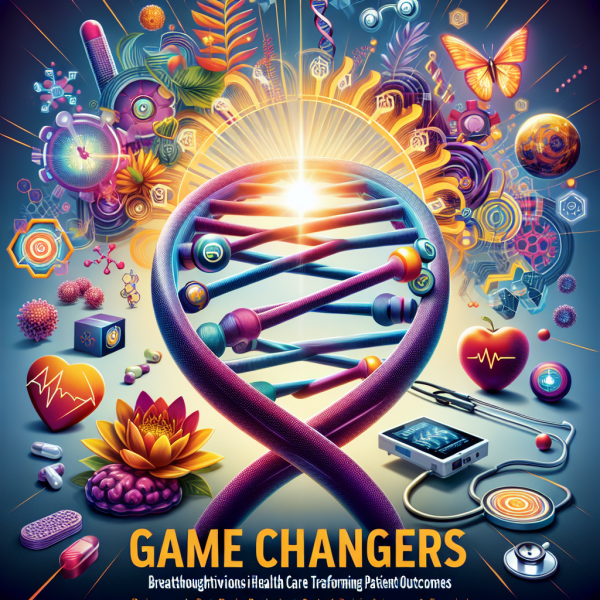Health Tech Innovations: How Technology is Transforming Patient Care and Outcomes

The intersection of healthcare and technology has birthed an era of unprecedented transformation in patient care and outcomes. Health tech innovations are not merely enhancing the efficiency of health systems; they are fundamentally changing how healthcare services are delivered, accessed, and experienced by patients. From telemedicine to artificial intelligence, the advancements in health technology promise a future where patient care is more personalized, data-driven, and accessible than ever before.
Telemedicine: Bridging the Gap
One of the most notable innovations in health tech is telemedicine, which has grown exponentially, particularly in response to the COVID-19 pandemic. By allowing patients to consult healthcare providers via video calls or secure messaging systems, telemedicine addresses geographical and logistical barriers to care. It provides patients with immediate access to medical advice, reducing the need for in-person visits, which can be time-consuming and costly.
Telemedicine has proven especially beneficial for chronic disease management, mental health services, and rural healthcare delivery, where specialists may be scarce. Patients can receive timely interventions, adhering to treatment regimens more effectively, which consequently improves health outcomes.
Wearable Technology: Tracking Health in Real Time
Wearable health technology, such as fitness trackers and smartwatches, has gained popularity as tools for personal health monitoring. These devices enable users to track various health metrics, including heart rate, activity levels, sleep patterns, and even blood oxygen levels. The data provided by these wearables empowers patients to take an active role in their health management.
Moreover, wearables are increasingly being utilized in clinical settings. For example, healthcare providers can use data gathered from these devices to monitor patients remotely, leading to early interventions when abnormalities are detected. This real-time monitoring is particularly crucial for managing chronic conditions like diabetes, heart disease, and hypertension, ultimately resulting in improved patient outcomes.
Artificial Intelligence: Enhancing Diagnosis and Treatment
Artificial intelligence (AI) is revolutionizing various aspects of healthcare, enhancing diagnostic accuracy and personalizing treatment plans. AI algorithms are now capable of analyzing medical images, pathology reports, and even genetic data to identify diseases that may be missed by the human eye. For instance, AI is being utilized in radiology to detect early signs of cancers in mammograms, providing radiologists with advanced tools to aid their assessments.
Beyond diagnostics, AI can facilitate personalized medicine by analyzing vast amounts of data from clinical trials and patient records to recommend tailored treatment plans. This shift towards personalized approaches ensures that treatments are more effective and minimize adverse effects, ultimately leading to better patient outcomes.
Health Data Analytics: Informing Better Decisions
With the proliferation of electronic health records (EHRs), healthcare providers now have access to massive amounts of patient data. Health data analytics harnesses this data to derive insights that can inform clinical decisions and improve care delivery. By analyzing patterns in patient health, outcomes, and treatment efficacy, providers can better understand what works and what doesn’t.
Predictive analytics, a subset of health data analytics, uses historical patient data to identify individuals at risk for certain conditions before they develop. By deploying targeted preventive measures, healthcare systems can not only improve outcomes but also reduce costs associated with treating advanced diseases.
Virtual Reality and Augmented Reality: Revolutionizing Training and Treatment
Virtual reality (VR) and augmented reality (AR) technologies are also making waves in the healthcare sector, particularly in medical training and patient treatment. VR simulations provide medical students and professionals with immersive training experiences, allowing them to practice complex procedures in a risk-free environment. This hands-on experience can improve their skill levels and confidence before performing in real-life scenarios.
In the realm of patient care, VR is being explored for pain management and rehabilitation. Patients can engage in immersive environments that distract them from pain or anxiety during medical procedures, enhancing the overall patient experience and potentially leading to better outcomes.
Conclusion: The Future of Patient Care
Health tech innovations are reshaping the landscape of healthcare, creating opportunities for improved patient care and enhanced outcomes. As technology continues to advance, the integration of these innovations into everyday practice will likely lead to more personalized, efficient, and effective healthcare.
While challenges remain—such as data privacy concerns, regulatory hurdles, and the need for digital literacy among patients and providers—the trajectory of health tech innovation is undoubtedly promising. As we move forward, the ongoing collaboration between technology developers, healthcare providers, and patients will be crucial to unlocking the full potential of health tech, ensuring that the transformation of patient care is beneficial for all.














